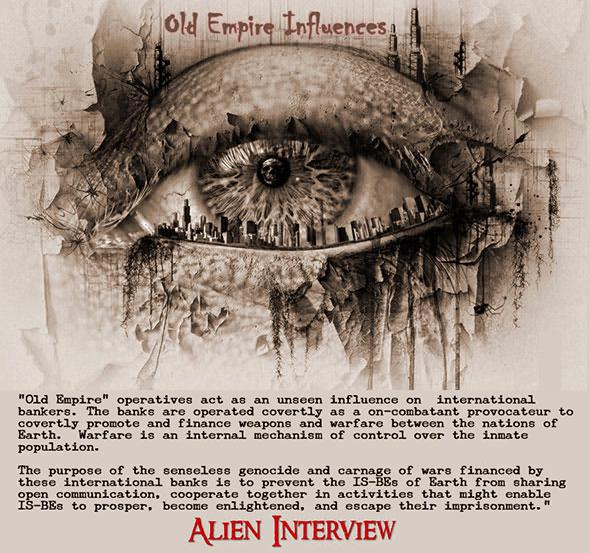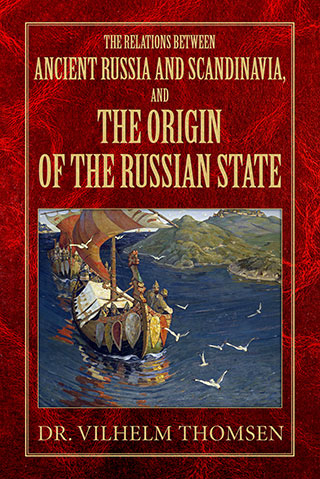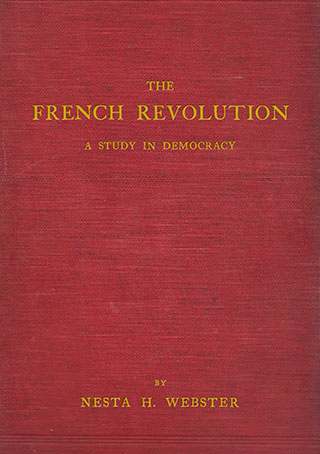Why Go to War for the State?

There is something monstrously out of whack about going to war for a large nation state.
I can understand why a man might take up arms in defense of himself, his family, his friends, perhaps even his neighborhood or his town. But once we get past the lived-in milieu, a man’s risking his life, limbs, health, and mental composure to fight for a large politically defined unit makes less and less sense, the larger the unit. Why, for example, should a man from Arizona go to war on behalf of people from New Jersey, people with whom he is not acquainted, people about whom he knows little or nothing. The man from Arizona might well have more in common with and greater concern for a typical “enemy” soldier than he has for the people of New Jersey. He might even dislike people from New Jersey and like the enemy people.
I do not care much for many Americans. I find their apparent values and modes of life offensive or worse, although I am personally acquainted with only a handful of them and so I may be doing a disservice to many of those with whom I am not personally acquainted. But in view of the constraints everyone faces, no one can really know, much less like, more than, say, a few hundred other people. What am I to make of a demand that I bear great personal risks in defense of hundreds of millions of complete strangers—for all I know, these people don’t even exist, and the Census Bureau has perpetrated a gigantic fraud in its declarations that they do.
On the opposite side of the ledger, I do know and like—indeed greatly admire and esteem—scores of people in other countries. I cannot imagine going to war against them; I’d sooner go to prison than harm them. So, if the U.S. government went to war against Guatemala, for example, it would have to count me out; I’ve far too many dear friends there even to consider joining in such violence. I wonder sometimes how many of the U.S. soldiers who went to Iraq to kill people there had ever seen, much less been acquainted with, an Iraqi previously. What impels a man to kill perfect strangers, especially perfect strangers who pose no threat to him or to those he cares about at home? To me, it defies basic elements of humanity. One might say that such killers are responding more to their allegiance to their own government’s leaders, but why should they have such a loyalty in the first place? Not one soldier in a thousand has ever personally encountered a top American political leader. Unless the soldier is extraordinarily dense, he understands vaguely that such people are all liars and crooks. Why should he kill other people and risk being killed himself merely because these political kingpins want him to do so? Does he fail completely to see the government’s propaganda for what it is?
I realize, of course, that the questions I have raised are merely queries about the basic nuts and bolts of the great machine of nationalism, and I am aware that astute philosophers, social scientists, and others have labored long and hard to delineate the configuration and operation of this machine. Nevertheless, I find it worthwhile to step back from the abstractions and highfalutin scholarly talk and to ask questions about national loyalty as if we were encountering it for the first time. When we do so, it strikes me that we are accustomed to taking for granted some things that are, at best, quite counter-intuitive and highly perplexing.








